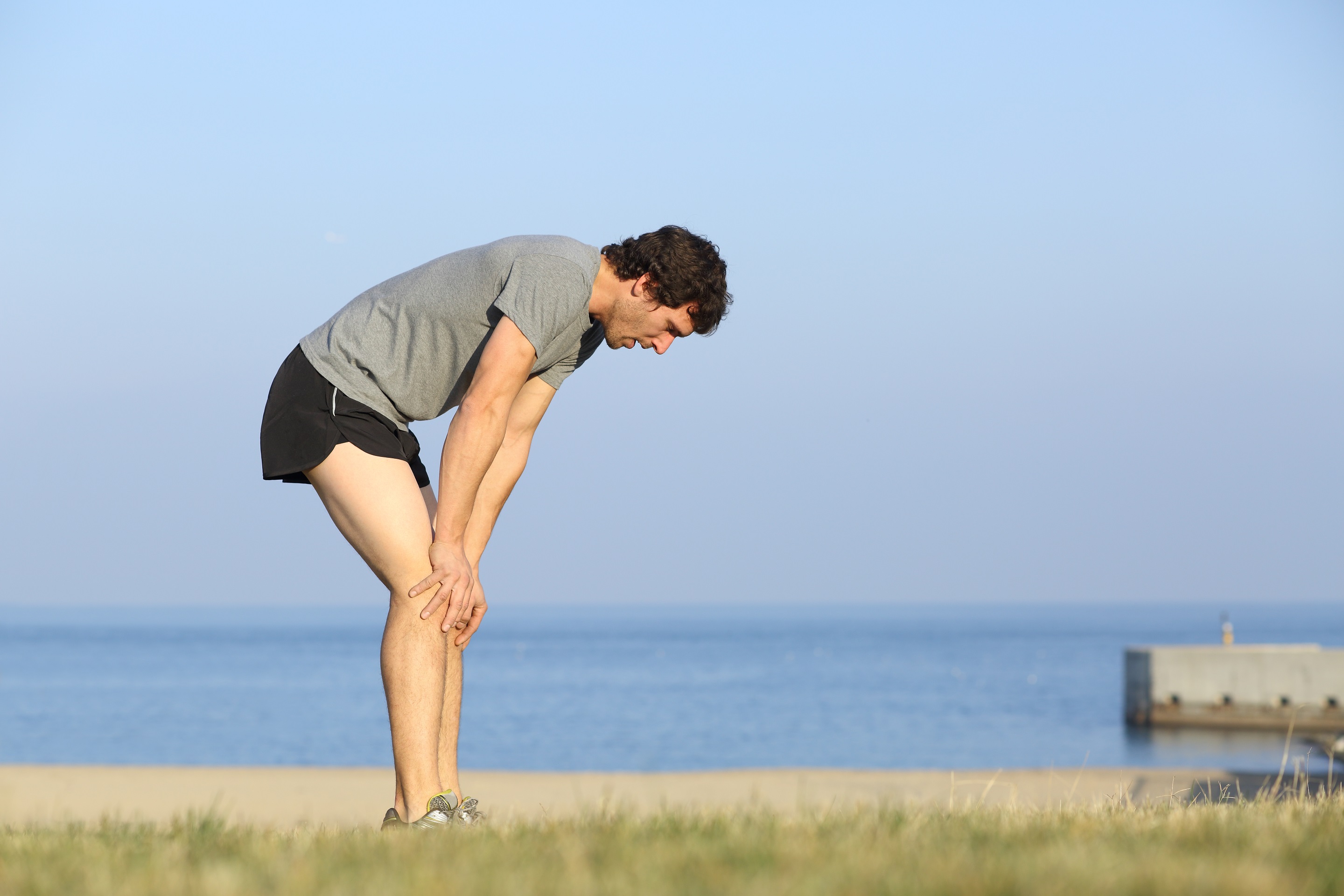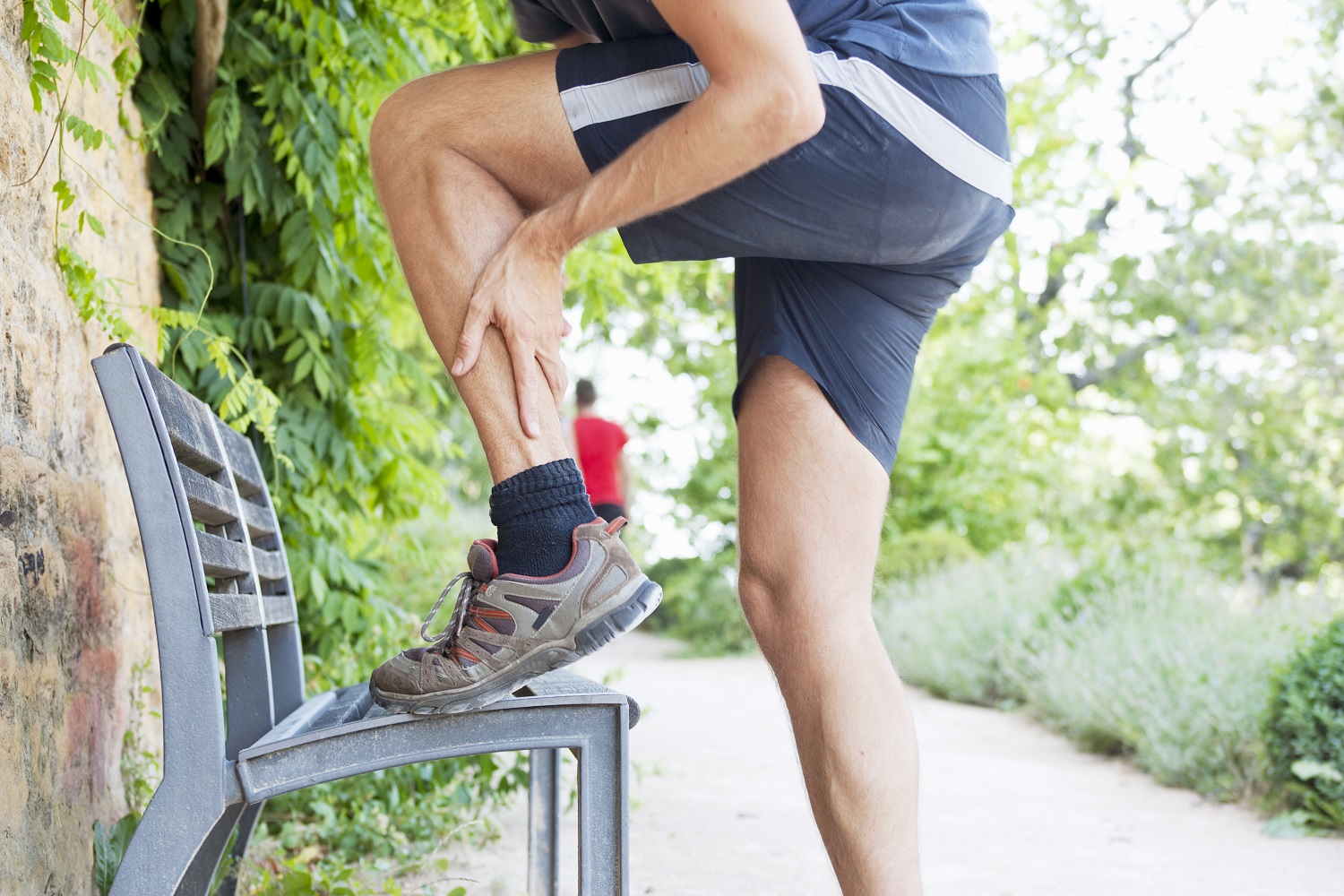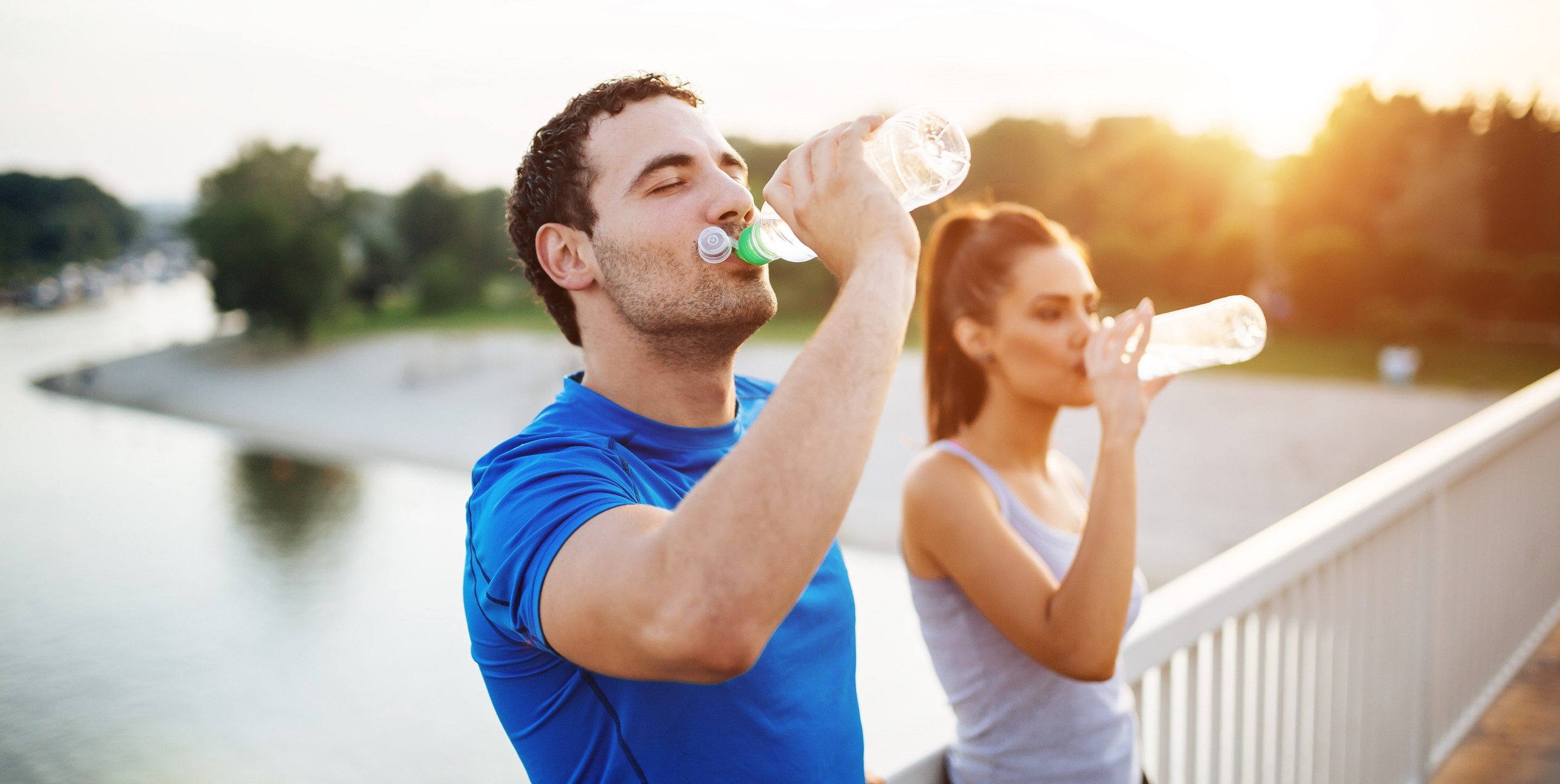Many people don’t realise the importance of drinking enough water and the effect it can have on our health, eating habits and weight loss. Recent studies are showing the importance of hydration and even stress how drinking 2 cups of water before a meal can help dieters lose up to 5lbs more in a year and maintain that healthy weight loss. Water speeds up our metabolic rate and can helps stop over eating. Got your attention?
Many of my clients complain of headaches, feeling tired, poor performance in the gym, not sleeping, bad skin, and when I dig a little deeper into their lifestyle I find out they don’t drink anywhere near enough water. And it’s funny that many people turn up to the gym without a water bottle…did you know that we are made of up to 60% water! Therefore, it’s hugely important to stay hydrated so our bodies can function.
We depend on water to survive. Every cell, tissue and organ needs water to function. Our body uses water to regulate our body temperature, aid digestion, transport nutrients, lubricate joints and remove waste.
Water is needed for good health and a strong performance in the gym or when training anywhere. We lose water over the course of the day, not only from going to the bathroom but from sweating and breathing! We will lose water even faster when it’s hot or we are physically active so we need to replenish to stay hydrated.
Our bodies have ways of telling us when it is dehydrated but we shouldn’t be waiting for these signs. Drink water throughout the day and increase your water intake during physical activity, when you are hot or feeling under the weather. But if you are seeing some of these signs then you may need to drink a little more….
- Dry mouth
- Headaches
- Poor sleep
- Fatigue
- Poor performance
- Lack of concentration
- Bad skin
- Urine that is darker than usual

Drinking enough water can have a positive effect on our health, wellbeing, skin, sleep, concentration and performance…. still not convinced?
Do you suffer from muscle cramps, dizziness, or fatigue after exercise?
In one hour of exercise the body can lose more than a quarter of its water. Dehydration leads to muscle fatigue and loss of coordination. Without an adequate supply of water the body will lack energy and muscles may cramp. So, drink before, during and after a workout.
Lean muscle tissue contains more than 75 percent water, so when the body is short on H2O, muscles are more easily fatigued. Staying hydrated helps prevent the decline in performance, strength, power, aerobic and anaerobic capacity during exercise. So, when your muscles feel too tired to finish a workout, grab a drink of water before getting back to it.

Did you know the heart must work harder to get blood to the working muscles? When there’s not enough water in blood, both blood volume and blood pressure drop, resulting in dizziness and fatigue.
So, want to look, feel and train better? Drink more water…
Here are a few tips that will help you drink more of that all-important vital liquid:
- Drink water with every meal. Make sure you place a jug of water on the table, or buy a bottle with your lunch time meal deal!
- Get into good habits and drink a glass of water before bed and first thing in the morning
- Carry a bottle of water with you during the day
- Do you know how much you are drinking? Get an app or just a water bottle with the amount of water you should be drinking. Set yourself goals
- Don’t like the taste? Try infusing the water? Added fresh fruit to add a new flavour or how about sparkling water mixed with fresh lemon…so refreshing
- If you are eating out, make sure you have a glass of water with every course
- Drink water before, during and after exercise
- Feeling hungry – try drinking a glass of water and waiting 15 minutes. Our bodies can confuse thirst with hunger
- Water is the best option for staying hydrated but we can hydrate with food and other liquids. But remember some may contain more calories than H2O
- Fruit and vegetables, whole or juiced will contribute to your water intake
- Fruit teas and decaffeinated tea or coffee can also be part of your intake (but everything in moderation)
- Sports drinks, BUT remember they also contain carbohydrate and electrolytes that will increase your energy. These are usually more beneficial if you are training at high intensity or for long periods at a time. Choose sports drinks wisely as they often contain added sugars or salts
- Sports drinks and energy drinks are different! Energy drinks will usually contain caffeine or other stimulants and can be high in added sugars, so try some other options that are healthier if you can
You can’t beat H2O for rehydrating, so when the body experiences fluid loss, reach for a cool refreshing glass of water. And don’t wait for the signals, drink before your body warns you!

